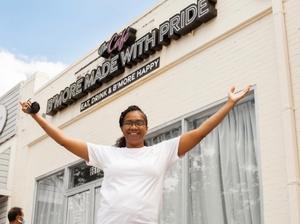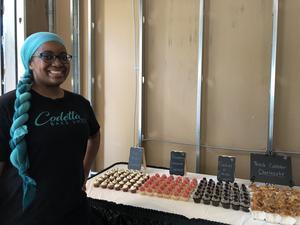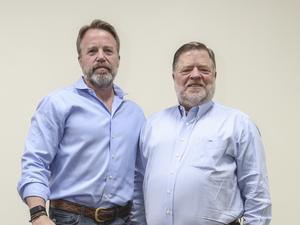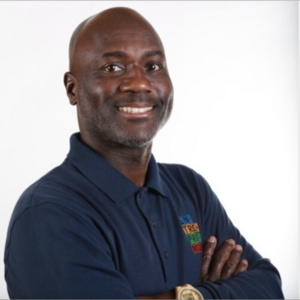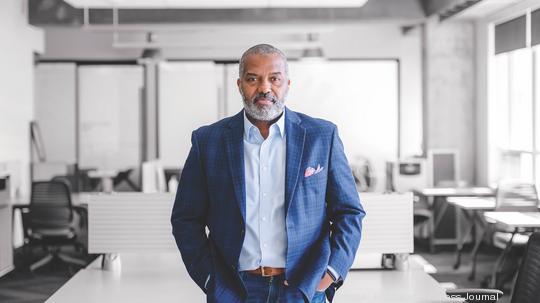
Jeff Cherry has long wanted to scale the capacity and impact of his Baltimore-based startup accelerator. The pandemic hastened those plans and forced Conscious Venture Lab to find a way to serve dozens more socially conscious companies a year.
Cherry hopes to continue to expand the eight-year-old accelerator's reach well beyond Greater Baltimore in the post-pandemic world. And he is working on raising a new $50 million investment fund to fuel those plans.
Conscious Venture Lab (CVL) adjusted its typical in-person,16-week startup accelerator model last year, making use of a newly developed software platform that allowed it to host its programming completely virtually amid Covid. Previously, CVL has served between five and nine startups at a time. During its all-virtual cohort, or class of startups, the accelerator about quadrupled its membership and served a much more diverse group of founders than ever before.
"Covid hit right in the middle of our application process," Cherry said. "At the time, we weren't really sure if a virtual cohort would work, or how it would work, but we offered the option to everyone who applied — 'If you want in, you’re in.'"
CVL offered a cohort slot to any company that wanted one. It ended up welcoming a total of 42 startups to its sixth accelerator cohort, and its first virtual one. Of those, about half the companies hailed from the Baltimore area, with others representing 15 different states and 13 countries. More than 70% of the companies' founders were women and/ or people of color.
That cohort was completed in February and Cherry said it “went far better than I could have imagined.”
Now, with its seventh cohort, CVL is serving another highly diverse cohort of 32 companies, about a third of which are locally based. The accelerator is being run under a hybrid model now, with some in-person offerings for those companies based in the Baltimore area, and the majority of programming remaining virtual. Cherry said the success of both the sixth and seventh cohorts have convinced him CVL should stick to this model moving forward.
Making the new hybrid format work required some additional adjustments to CVL's playbook. The local companies that want to make use of a physical workspace, or to collaborate with their fellow cohort members, can do so inside the accelerator's new 50,000-square-foot home at Impact Village in Port Covington. The accelerator took on that space last year, but was unable to use it for much of the pandemic.
Also, instead of investing up to $120,000 in every cohort company, Cherry said the CVL-related fund makes investment decisions after evaluating all the participants over the 16 weeks of the program. The fund made investments in 12 of the 42 sixth cohort members, he said.
Cherry said he has also made some "upgrades" to the team behind CVL. He added a partner on the venture fund side, a second entrepreneur-in-residence to work directly with the startup founders, and several more people to the accelerator's pool of about 100 mentors.
